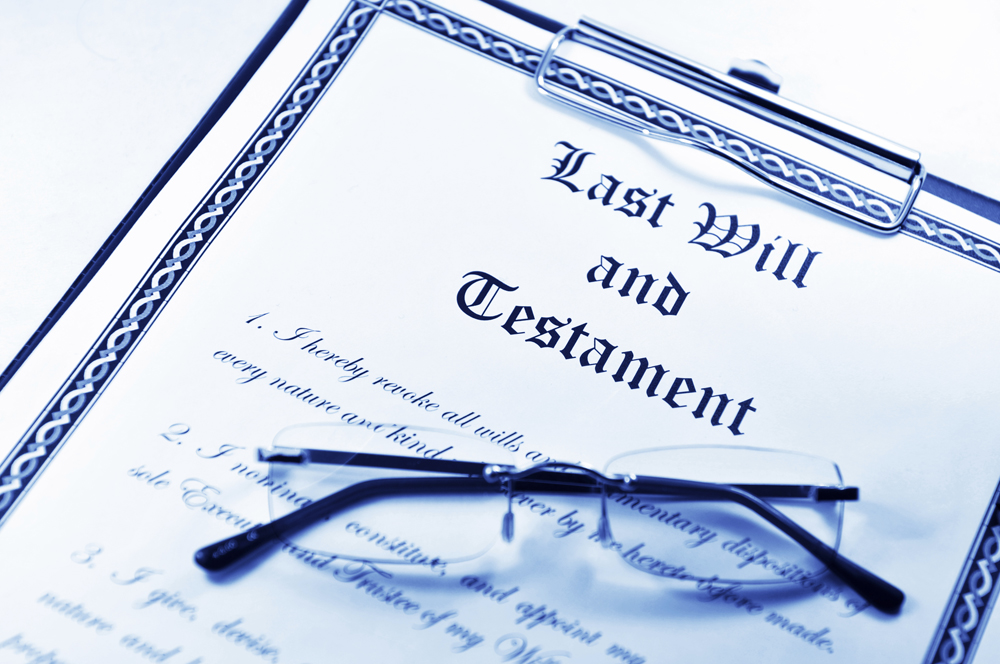A will is an estate planning document that has been around for quite some time. Each state has developed its own statutes and body of case law governing what a valid will looks like. Every will, for example, must be recorded or reduced to writing: no state permits the admission of an “audio will” that consists solely of witnesses testifying as to what they heard the decedent say what he or she wanted to happen with his or her possessions after death. Each will must be made by an individual who is in possession of his or her mental faculties and free will.
There are some types of wills that may be valid under the laws of one state but not under the laws of another. Ohio laws, for instance, do not recognize holographic wills or self-proving wills: two types of wills that are common in other states.
No Holographic Wills in Ohio
First, Ohio does not permit residents to create a holographic will. A holographic will is one in which the testator (that is, the person who is creating the will) writes the will in his or her own handwriting but does not have any witnesses sign the will. It would be possible, then, for the testator to compose a will on his or her deathbed (provided, of course, that he or she is still of sound mind and free from coercion). When a holographic will is offered for admission into probate, establishing that the will was written in the testator’s own handwriting is enough to have the will admitted – so long as there are no challenges to the will’s authenticity or circumstances surrounding the will’s creation.
Holographic wills can present challenges and difficulties in a probate proceeding. For example, while handwriting may appear to be authentic, in some cases forgers of handwriting and signatures can do an excellent job in copying another’s handwriting so much so that even loved ones and friends cannot tell the authentic handwriting from the fake.
No Self-Proving Wills in Ohio
Another type of will that some states recognize but that Ohio does not is a “self-proving” or “self-authenticating” will. With a self-proving will, a notarized statement is completed and attached to the will that states that the will is true and authentic. When the will is offered for admission to probate, this notarized statement serves as sufficient evidence of the will’s authenticity for the court to admit the will into probate (absent any objections or contests from any heirs or interested parties).
Because Ohio does not recognize a “self-proving” will, the witnesses who observe the testator sign his or her will must be available and willing to testify when the will is offered for admission into probate. These witnesses’ testimony will center on the circumstances surrounding the signing of the will. Did the testator appear to be of sound mind? Who else was present at the signing of the will? Did anyone else say anything to the testator before or during the signing? Did the testator indicate he had read the will before signing it and knew what it said? These are some of the questions witnesses will need to be prepared to answer.
Why You Need an Ohio Estate Planning Lawyer to Help You with Your Will
Wills in Ohio must conform with the law in their form and content: if not, the will may not be recognized as valid and any benefit you hoped to obtain from creating a will won’t be realized. Trust Dawes Legal, LLC to help you create a personalized and enforceable estate plan to safeguard your assets and your family’s future once you are gone. Call us today at (614) 733-9999.

